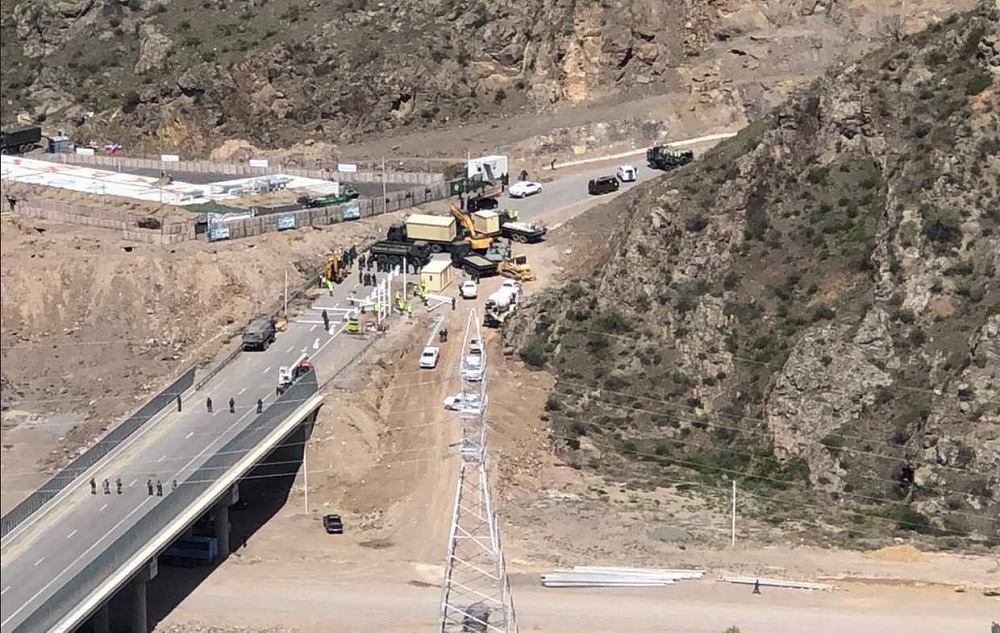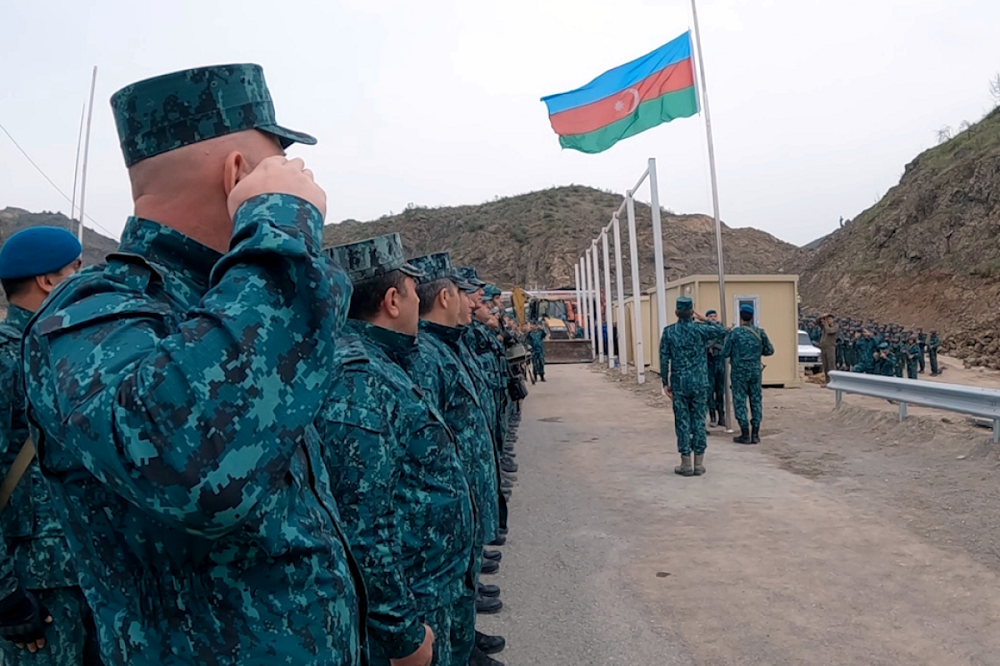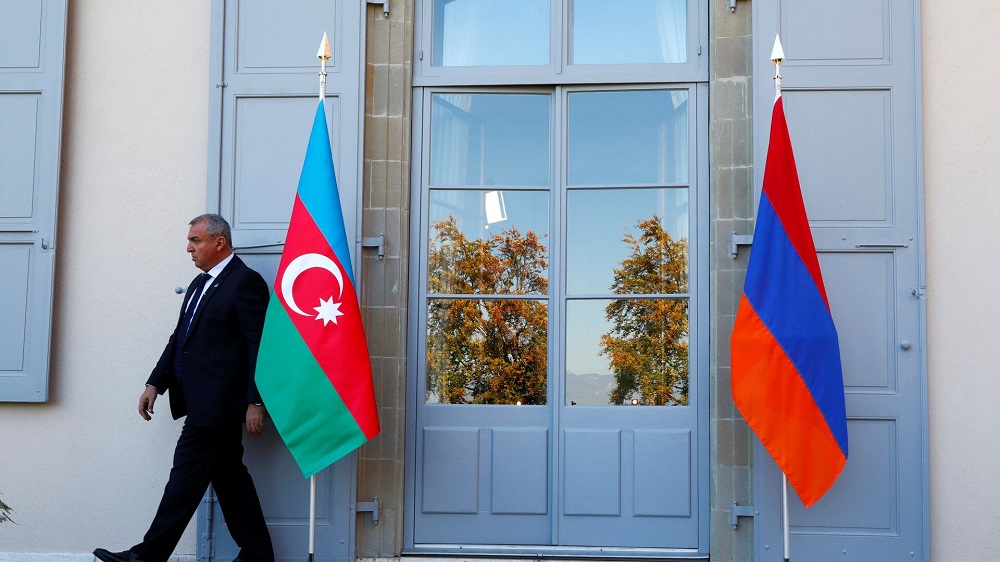"Expectations of a peace agreement soon are not justified." Opinion from Baku
Azerbaijani expert on conditions for peace
At the checkpoint established by Azerbaijan on the Lachin road, along with checking cargo, passport control will also be carried out. Armenian media write that this will force the Armenian population of Karabakh in the coming months to either leave their homes or come to terms with the demands of Azerbaijan. The same message was also voiced at different levels by officials of Azerbaijan, including the president of the country. Several countries condemned the Azerbaijani government for this move but expert Elman Fattah believes that “except for a couple of routine statements, there will be no serious pressure on Azerbaijan over it.”
- “I dream of hearing the word ‘dad’ from the mouth of my daughter”
- President of Georgia: “The country should make every effort to integrate into NATO”
- “The fatal mistake of Russian peacekeeper command in Karabakh.” Comment from Baku
On May 1 another video from the checkpoint installed on the Lachin road appeared in the Azerbaijani segment of social networks. The video shows Azerbaijani border guards stopping the car of n Armenian driver, then wishing him a safe trip and letting him drive off.
The State Border Service of Azerbaijan announced on April 23 that a border checkpoint had been set up on the border with Armenia at the entrance to the Lachin-Khankendi (Stepanakert) road. The report says that this was to prevent the illegal transportation of weapons from Armenia intoAzerbaijan. Armenia denies this accusation.

Answering questions from Turan news agency, Elman Fattah, an expert on international issues, noted that the main question is the following: is there a peace process going on?
“The process between Azerbaijan and Armenia, considered “peaceful,” after each agreement reached at the end of the 44-day war, is experiencing another period of escalation.
Examples are Operation Farrukh after the Moscow talks, the September fighting after the Brussels talks, leaving the Prague agreement on paper in October, and the termination of the Brussels process since last autumn, followed by the protest on the Lachin road.
These events show that no real peace process is taking place between Armenia and Azerbaijan, but a process of evading peace under the dominance of Moscow with token calls for peace from the West,” Fattah says.
He notes that from this point of view, the mutual creation of a border checkpoint on the Lachin road by Armenia and Azerbaijan does not affect the process presented as peace negotiations. “This step was taken by the two countries in order to protect the borders.”
According to him, despite the fact that some countries have criticized Azerbaijan for setting up a checkpoint on the road, there will be no serious consequences.
“This has led people to the erroneous conclusion that serious international pressure will be put on Azerbaijan. But, apart from a couple of routine statements, there will be no serious pressure on Azerbaijan because of this. The installation of a checkpoint on the border of two countries is a procedural procedure that is carried out by any sovereign country, both in accordance with international law and based on the experience of regulating relations between countries, and which, in essence, is not really news.”
Fattah also believes that within the framework of the Russian-Ukrainian war, the geopolitical significance of the Azerbaijani authorities for Western political circles has increased significantly.
“The gas agreement signed with the European Union is one of the manifestations of this. That is, the application of a policy of systemic pressure on Azerbaijan over a completely ordinary step would be absurd; moreover there are opposite geopolitical conditions that exclude such pressure,” he says.
In answer to the question “Are there prerequisites for signing any peace agreement?”, Fattah replied that in order to sign a peace agreement, both Azerbaijan and Armenia must first of all have the political will.
“Second, the main issue in establishing permanent peace in the Caucasus is that the political authorities of both countries must get rid of dependence on the Kremlin.
Third, the peoples of both countries must be ready to accept the world. What does it mean? This means that the Armenian people must give up their claims to Karabakh, and the Azerbaijani people must be ready to live together with the Karabakh Armenians.
So far, the firm will of the leaders of the two countries for peace is not visible, nor complete liberation from the Kremlin’s dependence, nor the readiness of the peoples of the two countries to “digest” the world, that is, a future based on compromises.
I believe that the expectations of an early signing of a final peace agreement between Azerbaijan and Armenia are not justified,” Fattah said in conclusion.





















